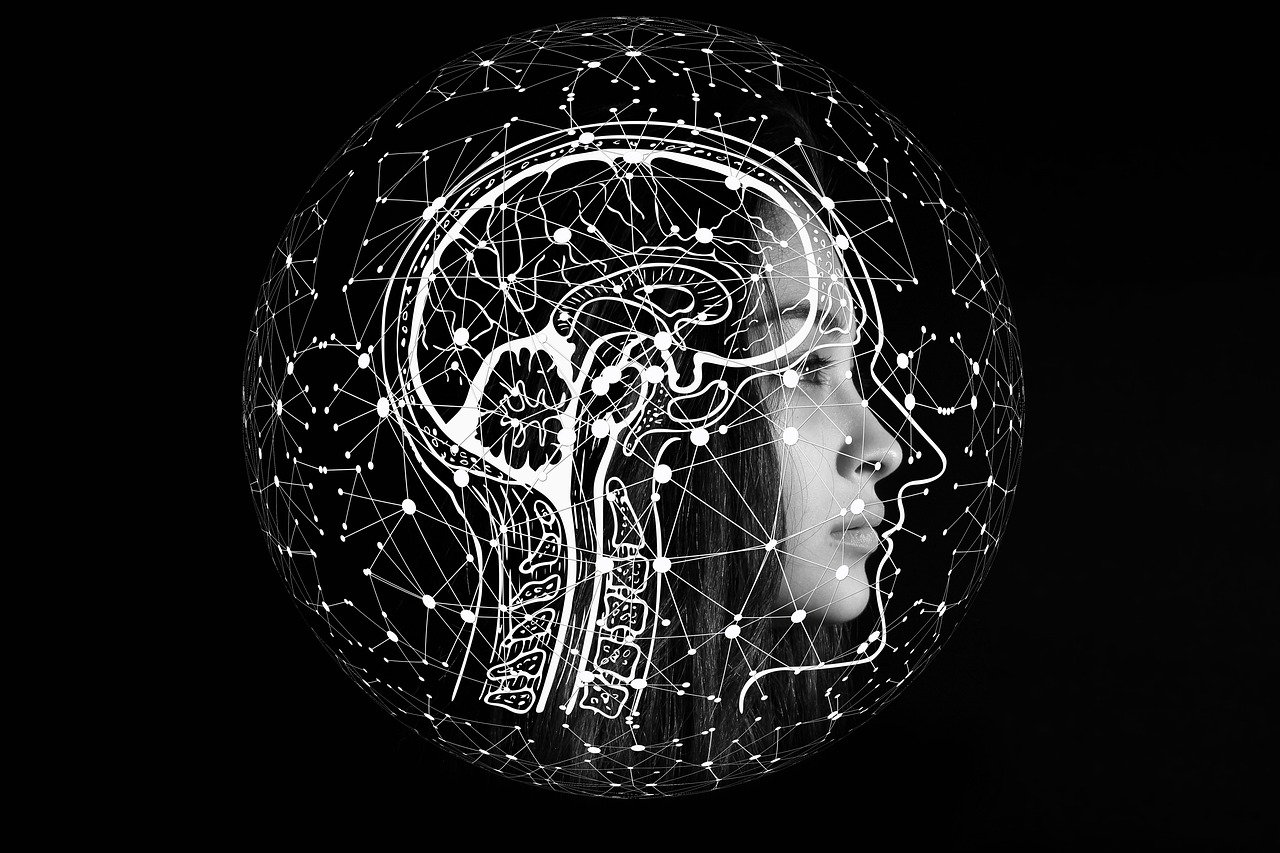Philosophical Musings: Exploring Epistemology and Logic in the Age of AI

In the ever-evolving landscape of artificial intelligence (AI), profound questions about knowledge, belief, and reasoning come to the forefront. In this blog post, we embark on a philosophical journey, delving into the realms of epistemology and logic to unravel the implications of AI on our understanding of truth, learning, and the nature of knowledge.
The Foundation of Knowledge: An Epistemological Exploration
Before we dive into the implications of AI, let’s first understand the philosophical underpinnings. Explore the fundamentals of epistemology, the branch of philosophy that investigates the nature, scope, and limits of human knowledge. How does AI challenge or complement our traditional understanding of what we can know?
AI and the Quest for Truth: The Logic of Machines
Logic, the study of valid reasoning, has long been a cornerstone of human thought. Enter the age of AI, where machines are not only processing vast amounts of information but also making decisions. Examine the ways in which AI systems apply logic and the implications for our understanding of truth and rationality.
Learning Machines: The Epistemology of Artificial Intelligence
AI learns from data, constantly refining its knowledge base. But how does this process align with traditional epistemological theories? Delve into the epistemology of machine learning, exploring questions about the source and justification of AI knowledge and the role of experience in machine cognition.
The Turing Test Revisited: Defining Intelligence and Knowledge
Alan Turing proposed the famous Turing Test as a measure of a machine’s ability to exhibit intelligent behavior indistinguishable from that of a human. Revisit the Turing Test in the context of epistemology—what does it reveal about the nature of knowledge and the boundaries of machine intelligence?
AI and the Challenge to Human Reasoning: A Philosophical Debate
As AI systems become more sophisticated, they challenge not only our understanding of knowledge but also the uniqueness of human reasoning. Engage in the philosophical debate about whether AI possesses genuine reasoning capabilities or if it’s a sophisticated mimicry of human thought.
Ethical Considerations: Knowledge, Bias, and Responsibility in AI
The infusion of AI in various aspects of our lives raises ethical questions. How does AI handle biases present in data, and what responsibilities do creators and users have in ensuring the ethical use of intelligent systems? Uncover the ethical dimensions of knowledge in the age of AI.
The Uncanny Valley: AI, Consciousness, and Knowing
The concept of the uncanny valley explores the discomfort humans feel when confronted with robots that closely resemble humans. Extend this concept to AI and ponder the implications for our understanding of consciousness, self-awareness, and the nature of knowing.
Philosophical Reflections on AI Creativity: Can Machines Be Truly Innovative?
Creativity has long been considered a uniquely human trait. Explore the philosophical implications of AI-generated art, music, and literature. Can machines truly be creative, or are they simply replicating patterns learned from human creators?
Human-AI Collaboration: The Synthesis of Epistemology and Technology
Rather than viewing AI as a threat, consider the possibilities of collaboration. How can the synthesis of human intellect and artificial intelligence enhance our collective epistemic capabilities? Explore the potential for harmonious coexistence and mutual enhancement.
Conclusion
In conclusion, the age of AI invites us to reevaluate our philosophical foundations. As we explore epistemology and logic in the context of artificial intelligence, we find ourselves on the frontier of knowledge, grappling with questions that extend beyond the realm of technology into the very fabric of what it means to know and understand.

The intersection of quantum mechanics and artificial intelligence has given rise to a new frontier—Quantum AI. In this blog post,…

In a world where data is the new currency, the marriage of Artificial Intelligence (AI) and cutting-edge computing is ushering…
